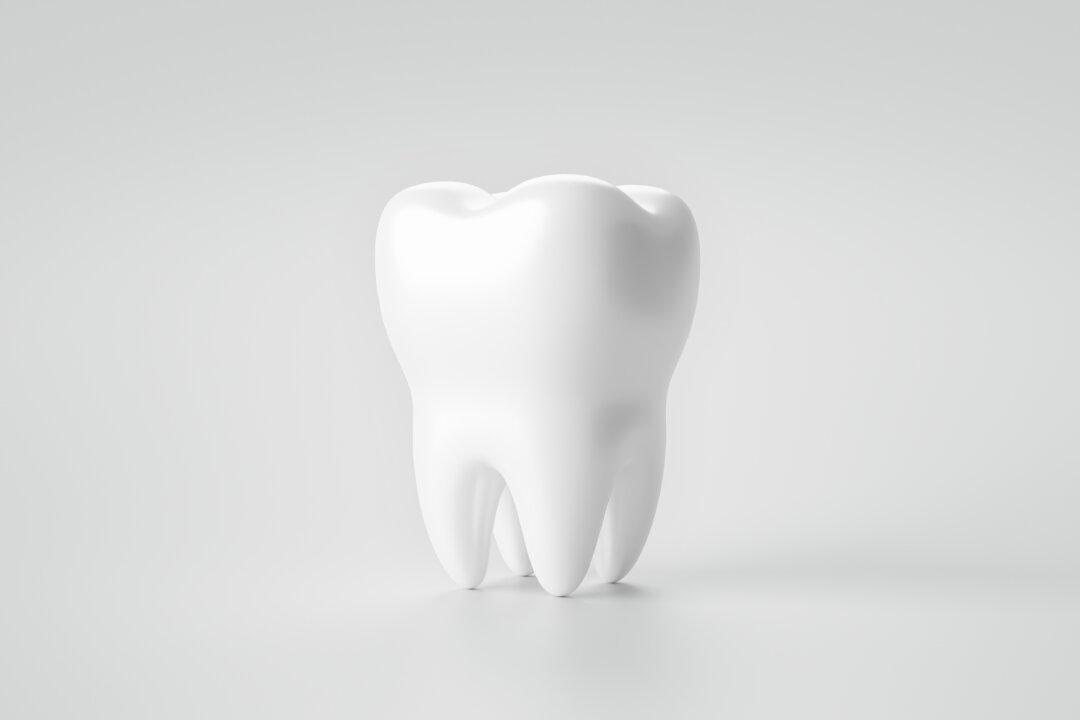Chronic or long-term stress can contribute to depression, a mood disorder that can significantly interfere with most aspects of life. During the pandemic, cases of depression increased and stress is believed to be a factor.
Experts say that it’s clear that chronic stress raises the incidence level of depression. This condition can cause feelings of sadness, disinterest in hobbies and activities, decreased appetite, insomnia, and a lack of concentration.





